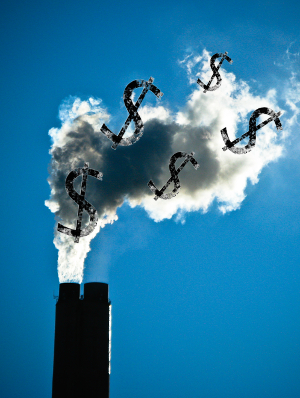Green funds dug up more than once
 Media investigations have raised claims of rorting and double-dipping in the government's Emissions Reduction Fund (ERF).
Media investigations have raised claims of rorting and double-dipping in the government's Emissions Reduction Fund (ERF).
It appears that the operators of Australia’s largest landfills have managed to take around $200 million from the ERF despite having no proof that the funds actually reduced any greenhouse gas production.
Landfill operators LMS, Energy Developments and AGL collected the largest share of around $194.5 million in taxpayer funds distributed to 39 landfill projects.
But these projects were already receiving payments under the Renewable Energy Target (RET) for generating electricity from captured methane.
Landfill operators have a range of incentives to capture methane gas, including regulations to limit odour and gas build-up, renewable energy certificates and payments from selling electricity generated by burning methane.
A whistleblower has told reporters that the companies are double-dipping.
“The plain fact of the matter is they are using the same molecules of methane to be credited under both schemes,” the former employee told Fairfax Media.
“While it is great that the creation of electricity using landfill gas avoids the escape of fugitive methane emissions, it does not represent additional abatement,” they said.
“The project proponents, therefore, stand to achieve windfall gains.”
Environment Minister Greg Hunt issued a statement saying that if any rorting was going on, his system would spot it.
“The independent Emissions Reduction Assurance Committee ensures that all ERF methods, with which all projects must comply, deliver additionality,” the statement from Mr Hunt said.
“The landfill gas methods were first made under the [Carbon Farming Initiative] - under Labor.”
LMS and AGL have defended their access to the schemes, with LMS arguing that without them, nothing would have been done.
“Our projects would never have been built had these schemes [ERF and RET] and their predecessors not been introduced,” LMS chief financial officer Brett Maple said.
“We reject the use of the pejorative term ‘double-dipping’,” an AGL spokesperson said.
More details are available in the full report, here.







 Print
Print